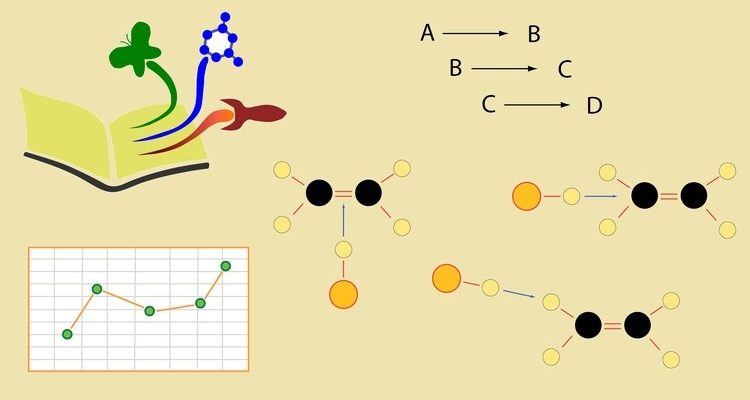Chemical Kinetics is the branch of chemistry that deals with the study of the rates of chemical reactions. This branch is also known as reaction kinetics. It involves the study of the effect of different experimental conditions on the speed of the chemical reaction. The mechanisms of several name reactions have been understood with the help of chemical kinetics. A brief introduction to the field of chemical kinetics is provided in this article.
The different factors that can influence the rate of a chemical reaction are listed below.
Nature of the Reactants
The rate of a chemical reaction is dependent on the nature of the molecules participating in the reaction and the strength of the chemical bonds that hold them together. For example, the reactions involving the formation of large molecules are often slow.
Physical State of the Reactants
Reactants existing in different physical states can limit the rate of the reaction. This is because the chemical reaction is limited to the area of contact between the two reactants. Generally, solid reactants are finely divided in order to increase their effective surface area. This, in turn, increases the reaction rate.
Concentration
The rate equation offers insight into the dependence of the reaction rate on the concentration of the reactants. The order of reaction also offers insight into how reactant concentration affects the rate of a reaction. For example, the rate of a zero-order reaction will not increase when the concentration of a reactant is increased.
To learn more about chemical kinetics, subscribe to the BYJU’S YouTube page and enable notifications.


